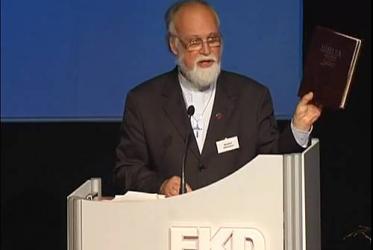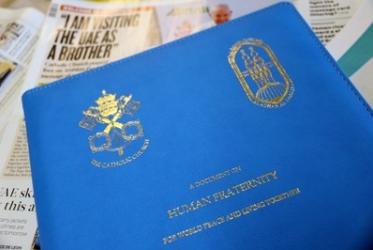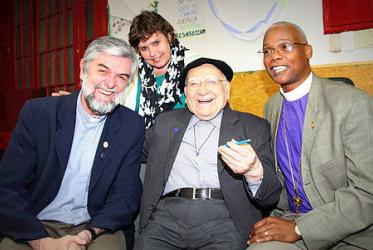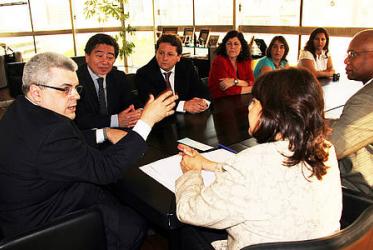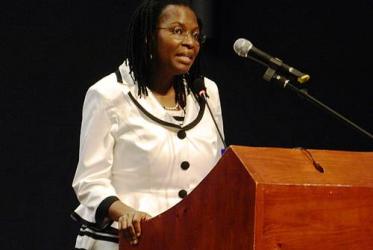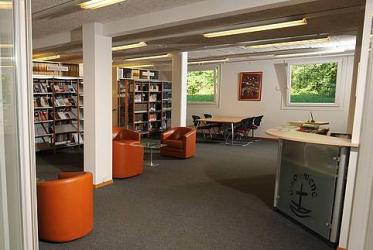Displaying 7461 - 7480 of 9700
07 November 2012
WCC moderator addresses synod of the Evangelical Church in Germany
07 November 2012
WCC calls churches to pray for children
07 November 2012
WCC and CEC will pay visit to Greece amidst financial crisis
06 November 2012
Argentinean Bishop Federico Pagura honored for justice work
05 November 2012
WCC congratulates new pope of the Coptic Orthodox Church
05 November 2012
Fr Michael Lapsley to speak at Ecumenical Centre, Geneva
02 November 2012
Event on female genital mutilation in Geneva
02 November 2012
PEAC to play a strong role in Colombian peace process
02 November 2012
European theologians discuss Christian witness
01 November 2012
WCC general secretary invokes prayers for hurricane victims
01 November 2012
In Myanmar, eco-justice flourishes even in challenging settings
31 October 2012
People of faith in Malawi work towards an HIV-free world
30 October 2012
Ecumenical advocacy for rights of domestic migrant workers
30 October 2012
WCC training upholds values of “God’s kingdom” in human rights
25 October 2012
Consolidated WCC library opens in Bossey
23 October 2012
WCC experience can be of value to UN system
23 October 2012
WCC pays tribute to George McGovern
22 October 2012
